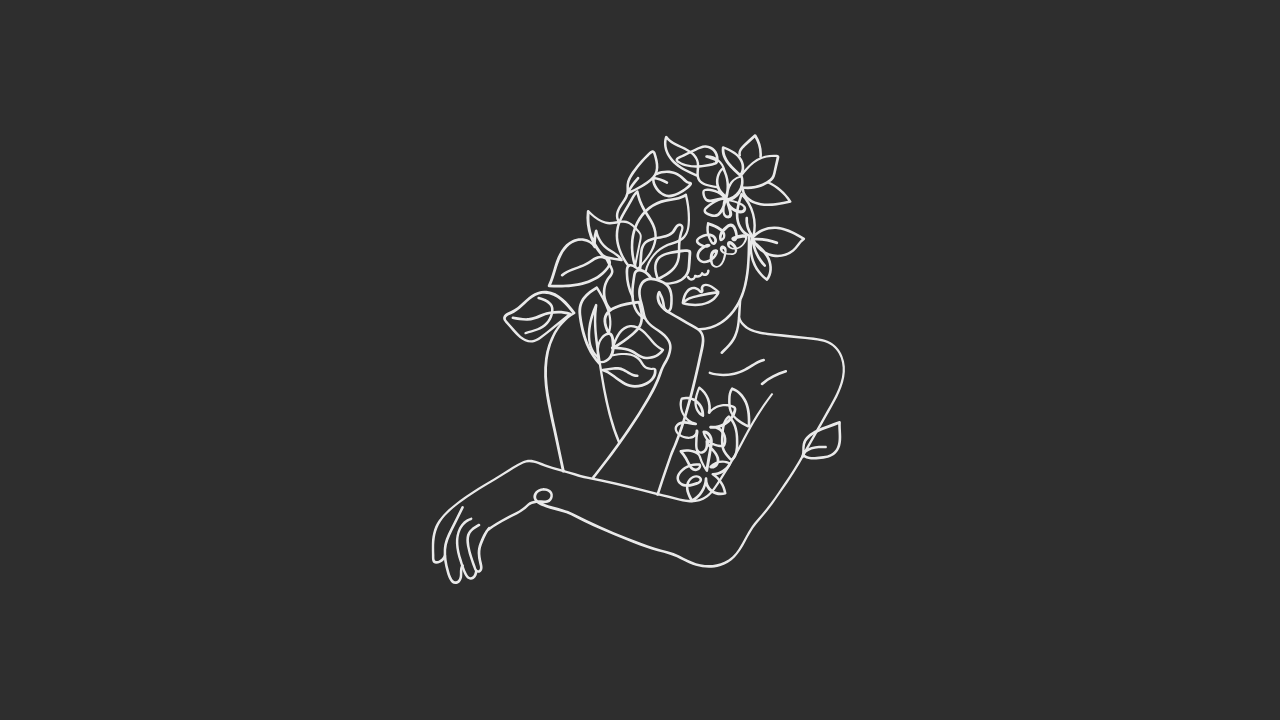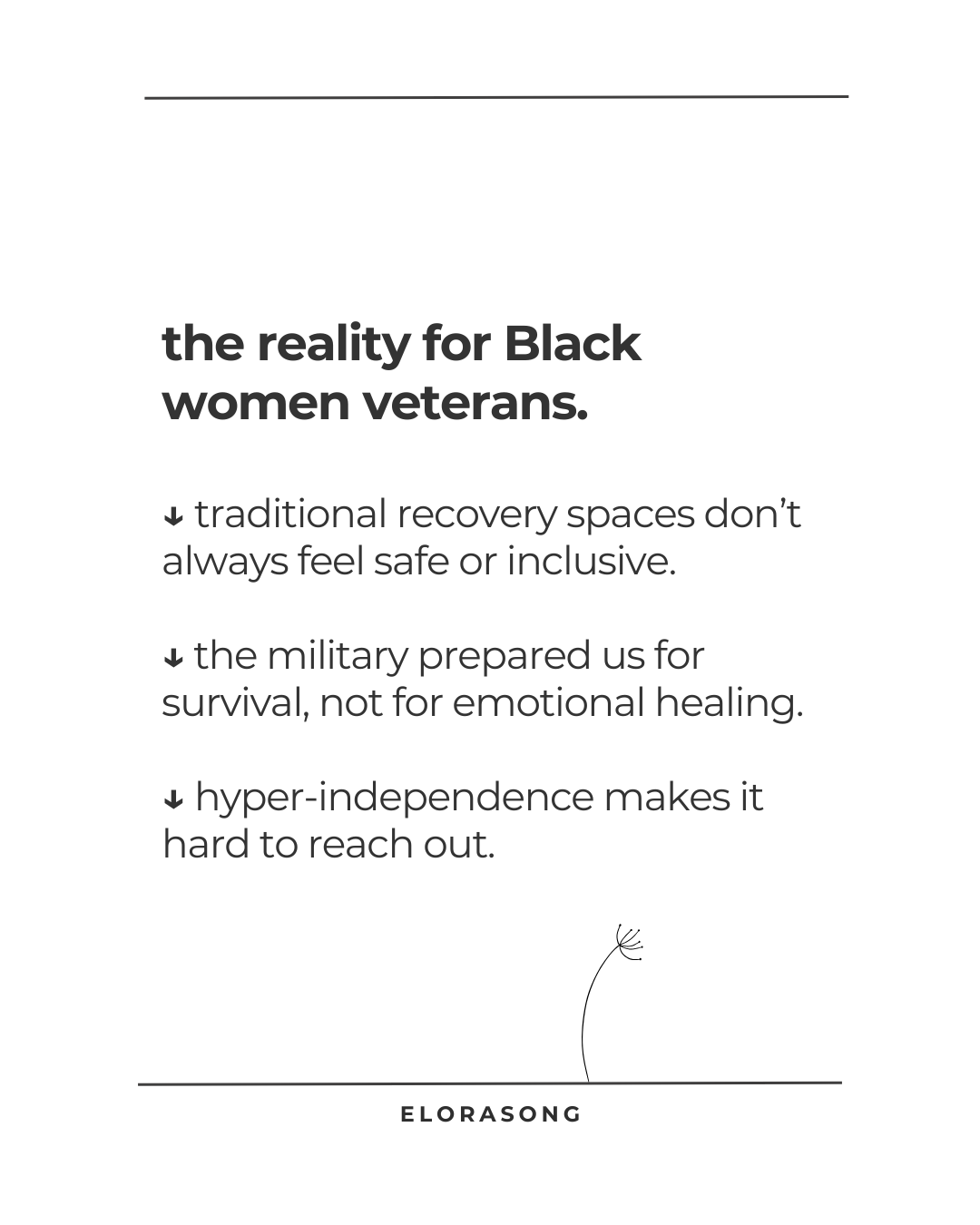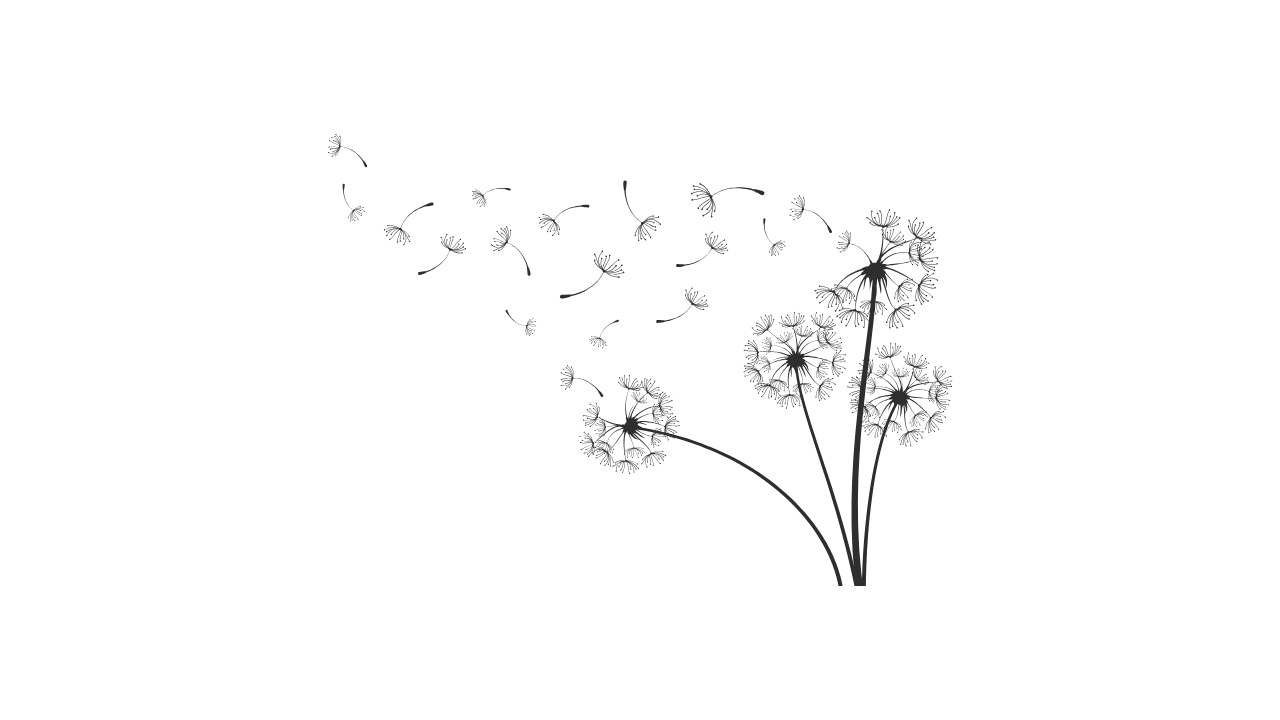
When the Bottle Becomes a Mask: The Truth About Alcohol Use Among Black Women Veterans
Jun 02, 2025For years, I wore two uniforms—the one the military issued me and the one I stitched together in silence. I wore a smile when I was unraveling and reached for the bottle when I needed something to soothe my invisible pain. It wasn’t just the missions or the role as an air traffic controller that wore me down. It was the grief I never had time to process, the Military Sexual Trauma (MST) I kept silent about, and the loneliness that lingered long after I let go of my relationship with alcohol. What I didn’t realize then was that I wasn’t alone. So many of us are still fighting a war long after the uniform comes off.
The truth is, there’s a silent epidemic among us—one that isn’t talked about nearly enough. According to a study published by The American Journal of Psychiatry, Black women veterans are significantly more likely to be diagnosed with alcohol use disorder (AUD) than Hispanic and White women veterans. Studies have shown Black women veterans had nearly double the odds of being diagnosed with AUD, even after adjusting for access to care and socioeconomic conditions.

Let that sink in: not just more likely to drink, but more likely to be diagnosed, judged, and overlooked. Many of us aren’t using alcohol to party—we’re using it to numb. To cope. To function in systems that were never built for our healing. And yet, we’re rarely featured in recovery campaigns. Rarely prioritized in treatment centers that reflect our lived experiences and perspectives. Rarely asked what we need to feel safe, supported, and seen.
I didn’t wake up one morning and suddenly decide to stop drinking. Recovery came after years of spiraling—after too many mornings filled with shame, and too many days of performing strength while breaking inside. Even after the military, I lived on high alert—hypervigilant, emotionally guarded, and disconnected from who I was beneath the armor I built for protection.
Alcohol was the one thing that temporarily took the edge off; however, all the while, it also kept me numb: From imposter syndrome and feelings of not being enough to MST and an unhealthy sense of self-worth. To put it plainly, I needed healing and restoration. I’m grateful to say that my recovery started when I finally told myself the truth. I was tired of pretending I had it all together when, in fact, I was just existing. I eventually found myself thinking repeatedly, “There has to be more to life than this.”
I didn’t want to survive anymore—I wanted to live.

Without a doubt, my lived experiences in recovery led me to create elorasong®. Why? Because Black women veterans deserve more than just surviving. We deserve healing spaces that honor our pain without judgment, and cradle our stories with tenderness and understanding.
If this story sounds familiar—if it echoes your own or someone you love—please know this: you don’t have to wear the mask anymore. You don’t have to carry the weight alone. You are not the only one. At elorasong, we’re building bridges for Black women veterans to find their way back to themselves—through sobriety, sisterhood, and self-trust.
Join the movement. Share this message. Donate to help another sis reclaim her life. Or, if this can helped you along your sobriety journey, consider joining the elorasong Healing Hub. Because when we heal together, we rise in a way the world can’t ignore.
Until next time ... stay encouraged.
Elora


